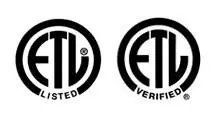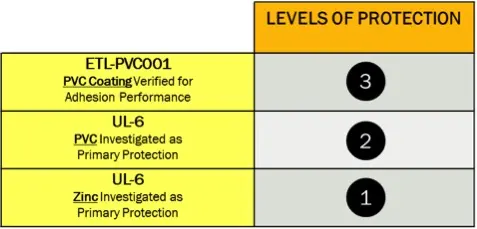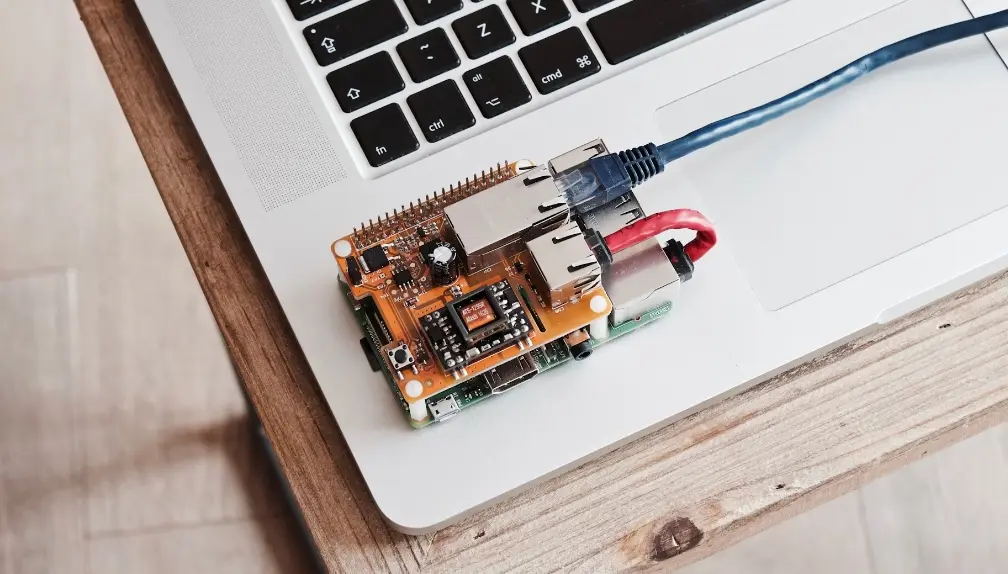
How to Get ETL Certification?
What is ETL?
ETL stands for Electrical Testing Laboratories, a renowned U.S. testing lab founded in 1896 by inventor Thomas Edison. Like UL and CSA, ETL issues certification marks based on testing according to UL standards and national standards. The ETL mark may also represent dual certification under UL, U.S. national standards, CSA, or Canadian standards. "US" on the lower right indicates compliance with U.S. standards, "C" on the lower left indicates compliance with Canadian standards, and "C" and "US" apply to both countries.

Application of etl certification Standards
Any electrical, mechanical, or electromechanical product bearing the ETL mark has met the necessary requirements for compliance with widely accepted U.S. and Canadian product safety standards. ETL also mandates factory inspections and periodic testing to ensure ongoing compliance with the product safety requirements.
Scope of ETL Certification
Companies that pass testing according to relevant safety standards undergo strict regular factory inspections to ensure consistent product quality, making them eligible to sell their products in the U.S. and Canadian markets.
Marking:
1. Any electrical, mechanical, or electromechanical product with an ETL mark indicates compliance with industry standards.
2. Products bearing the ETL mark signify testing in line with relevant product safety standards.
Importance of the ETL Certification Label:
Example of the ETL PVC-001 label – To ensure performance in corrosive environments, choose products with independent product testing labels, like the ETL certification mark. For safety, ensure your PVC-coated conduit has a UL listing, with both PVC and zinc listed as key protective materials.

This chart displays various listings you should seek, relating to coating performance and protection levels. Testing and compliance for levels 1 and 2 are included in the UL6 listing, which also covers the DYJC free listing. No further testing is required for PVC-coated conduits listed under UL6, except for documentation functions, while ETL outlines testing for level 3 performance.

Products Eligible for ETL Listing Include:
1. Domestic electrical appliances
2. Building materials
3. Medical devices
4. Equipment for hazardous or explosive environments
5. Industrial equipment
6. Telecommunication devices
ETL Certification Application Process:
1. Pre-assessment: around 1 week
2. Payment and documentation organization: around 1 week
3. Witness testing: 1 week
4. If testing is successful, factory review arranged within 1 week
5. Certification issued after factory review (approx. 5 weeks in total).
ETL Certification Duration: Typically 4 to 5 weeks, expedited service available.
Required Documents for ETL Certification:
As of 2013, there are two ways to obtain an ETL certificate: through a cb test report or direct application. Required documents include:
1. Application form
2. CB test certificate copy (not needed for direct applications)
3. CB test report copy (not needed for direct applications)
4. Product sample
5. Other relevant test results and product data, such as manuals, photos, and parts lists.
(If applying with a CB report, additional tests may be required.)
ETL Factory Inspection
ETL requires a factory inspection before certificate issuance, followed by random quarterly inspections. In addition to the inspection fee, a quarterly certificate licensing fee is also required.
If necessary, inspectors can take samples for product testing or observe testing in the lab. The manufacturer must sign a legal contract with ETL to ensure ongoing compliance with the certification conditions.
Cost of ETL Certification:
1. Testing fee (varies by product); send product images to JJR Labs for a quote.
2. Initial factory audit fee: $400 (plus travel expenses).
3. Quarterly factory audit follow-up fee: $300 per quarter (plus travel expenses).
4. Quarterly certification license fee: $400 per quarter.
5. Annual self-printed label fee: $700.
6. Multiple listings annual fee (if applicable): $400 per additional listing.
7. Control number reissue fee: $500.
Different products require different tests and standards, so fees vary. Send product details to JJR Labs for confirmation.
Difference Between UL and ETL:
1. Both UL and ETL certify products through Nationally Recognized Testing Laboratories (NRTL) according to relevant safety standards. The key difference lies in the services offered. As an ETL client, you can benefit from customized testing, inspection, and certification services, along with faster processing times and flexible operations. ETL collaborates closely with clients to bring products to market more quickly, easily, and efficiently.
2. ETL certification achieves the same recognition as UL certification in the North American market but at a significantly lower cost, typically half of UL certification. Products tested under CB reports for UL and ETL can also save on costs.
3. ETL certification time is much shorter than UL certification. In special cases, ETL allows for certification before factory inspections, saving valuable time for product export.
Email:hello@jjrlab.com
Write your message here and send it to us
 Orthopedic Implant Cleanliness Testing
Orthopedic Implant Cleanliness Testing
 What is ISO 10993-23:2021 Irritation Testing?
What is ISO 10993-23:2021 Irritation Testing?
 ISO 10993-23 Irritation Testing Laboratory
ISO 10993-23 Irritation Testing Laboratory
 EMI Emissions Testing
EMI Emissions Testing
 EMC Standards for Medical Devices
EMC Standards for Medical Devices
 What is FCC Class A vs. Class B?
What is FCC Class A vs. Class B?
 UL Standards for Electrical Equipment
UL Standards for Electrical Equipment
 Is UL Certification Required in the USA?
Is UL Certification Required in the USA?
Leave us a message
24-hour online customer service at any time to respond, so that you worry!




